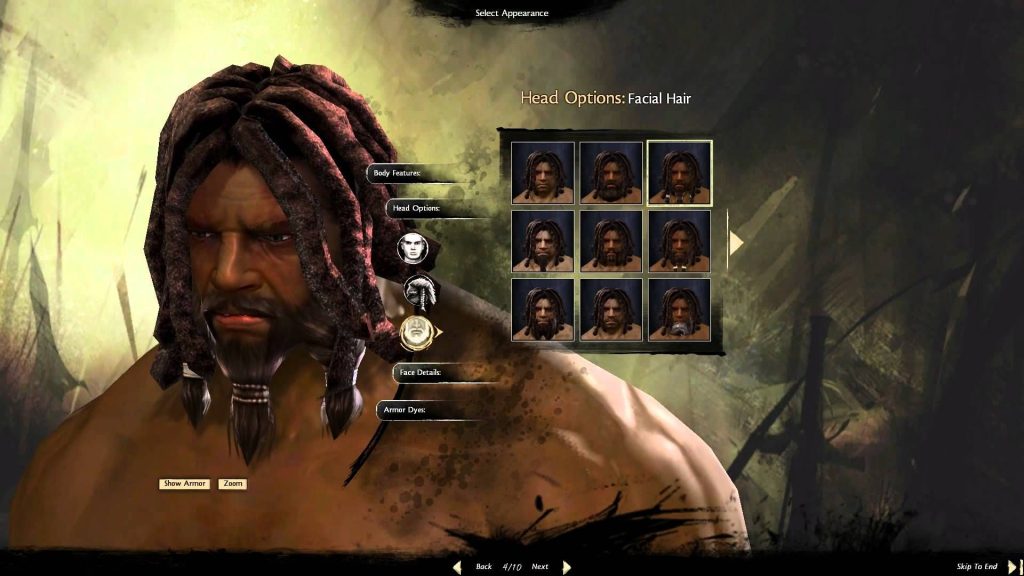
Video games have become an integral part of our modern culture, offering immersive experiences that allow us to explore different worlds and stories. However, just like any other form of media, video games have the power to influence our perception of various cultures. This article delves into the importance of cultural representation in video games, discussing the impact it can have on players and society as a whole.
The Power of Representation
Video games are an expressive medium that can shape our understanding and awareness of different cultures. When video games accurately portray diverse cultural backgrounds, they can help foster empathy, cultural exchange, and appreciation. Players have the opportunity to explore worlds and characters that may be vastly different from their real-life experiences, promoting understanding and tolerance.
Furthermore, by including culturally diverse characters, video games can provide role models for players from underrepresented communities. Representation matters, as it can inspire individuals and provide a sense of belonging in a world where diverse voices are often marginalized. Video games have the potential to create positive change by challenging stereotypes and promoting inclusivity.
The Challenges of Cultural Representation
While many video game developers strive for authentic cultural representation, there are challenges that must be addressed. Cultural stereotypes can persist, perpetuating harmful biases and reinforcing prejudices. It is crucial for game developers to conduct thorough research, consult with experts, and involve individuals from the cultures being represented to ensure accurate and respectful portrayals.
Moreover, cultural representation extends beyond characters and aesthetics. It also involves narrative themes, storytelling, and gameplay mechanics. Game designers must consider how different cultural values and experiences shape these aspects. By incorporating diverse perspectives, video games can offer richer and more engaging experiences for players.
Positive Examples
Several video games have already made significant strides in cultural representation. Games like “Assassin’s Creed Origins” and “The Witcher 3: Wild Hunt” have received praise for their attention to detail and depiction of diverse cultures. These games showcase the developers’ dedication to accurate representation and provide players with a deeper understanding and appreciation of different cultural contexts.
Indie games, too, have played a vital role in highlighting underrepresented cultures. Titles like “Never Alone” celebrate indigenous cultures by incorporating their stories, traditions, and art into the gameplay. Such games contribute to the preservation and promotion of cultural heritage, bridging gaps between communities and players worldwide.
An Ongoing Journey
The responsibility of cultural representation falls on both game developers and players. Developers must continue to prioritize research, transparency, and inclusivity in their creations. They should actively seek input from marginalized communities to avoid appropriation or misrepresentation. Additionally, players can support games that champion diverse cultures and hold developers accountable for harmful stereotypes.
“Cultural representation in video games is not a task merely completed; it is an ongoing journey towards inclusivity and understanding.” – [Your Name]
In Conclusion
Video games possess the remarkable ability to transcend cultural boundaries, offering unique opportunities for cultural exchange and appreciation. Through accurate and respectful representation, video games can contribute to a more inclusive and tolerant society. By recognizing the importance of cultural diversity and continuously striving for improved representation, the gaming industry can reshape narratives and provide players with enriching experiences that celebrate the beauty of our diverse world.
Written by: [Your Name]


